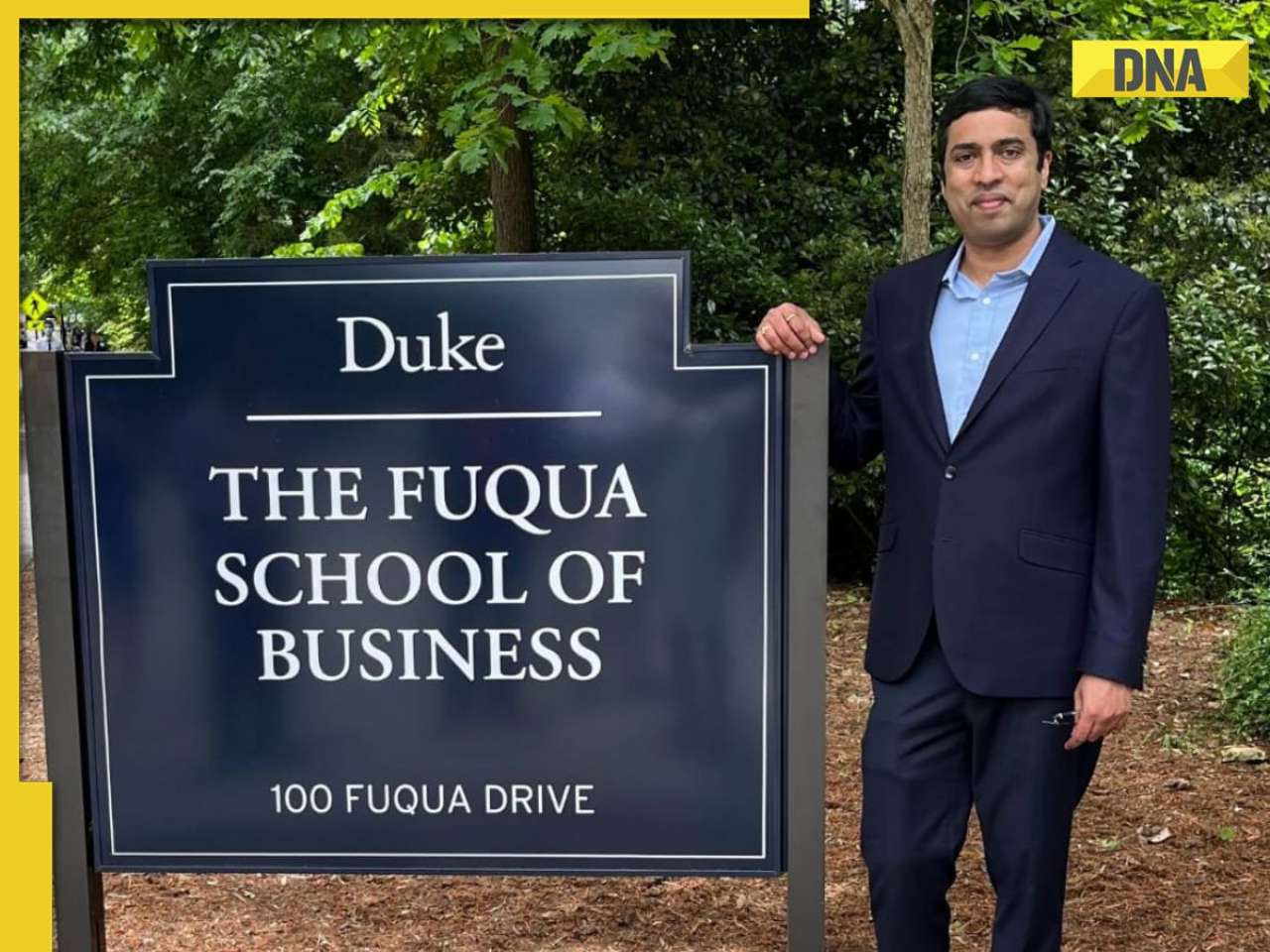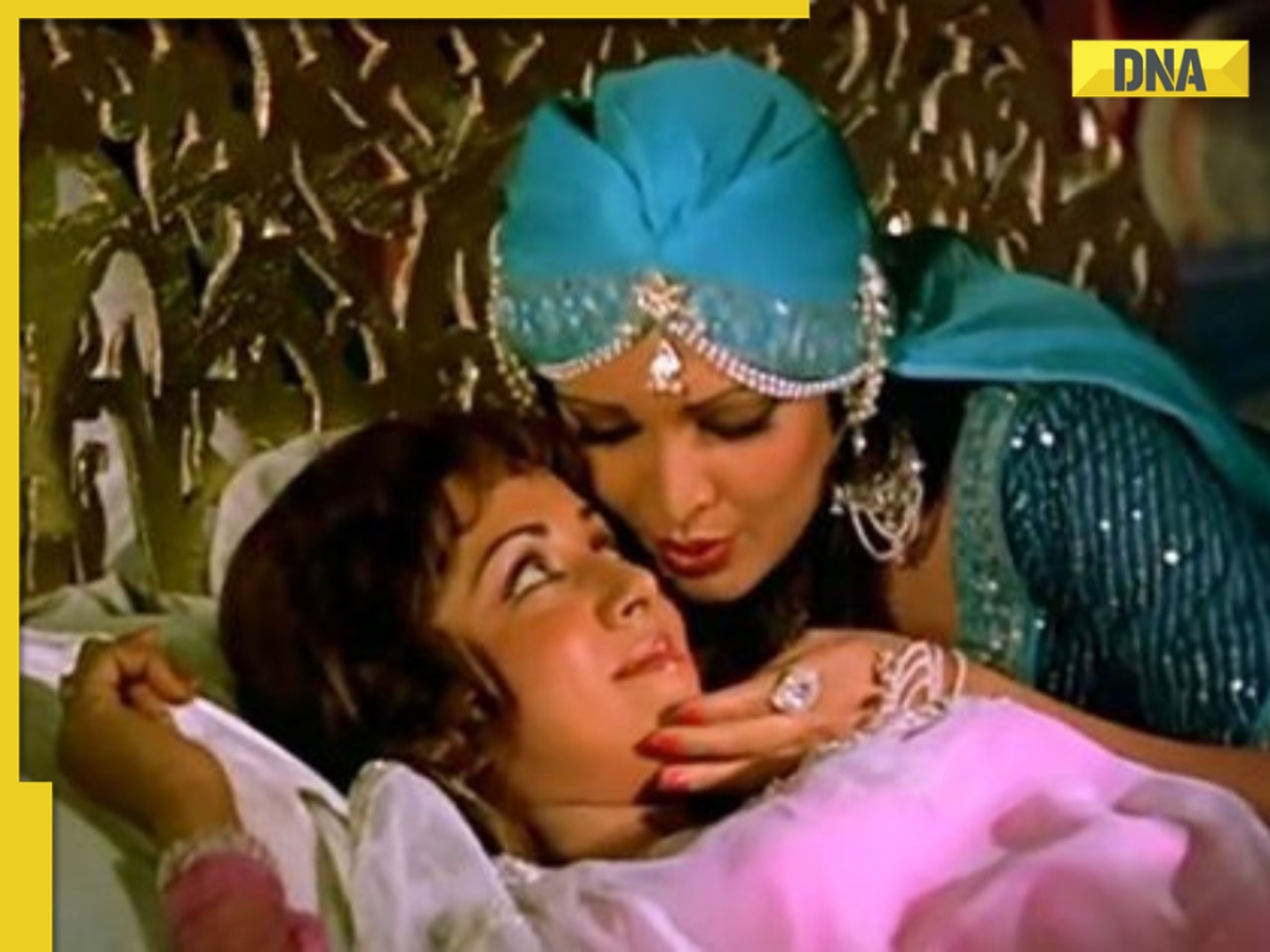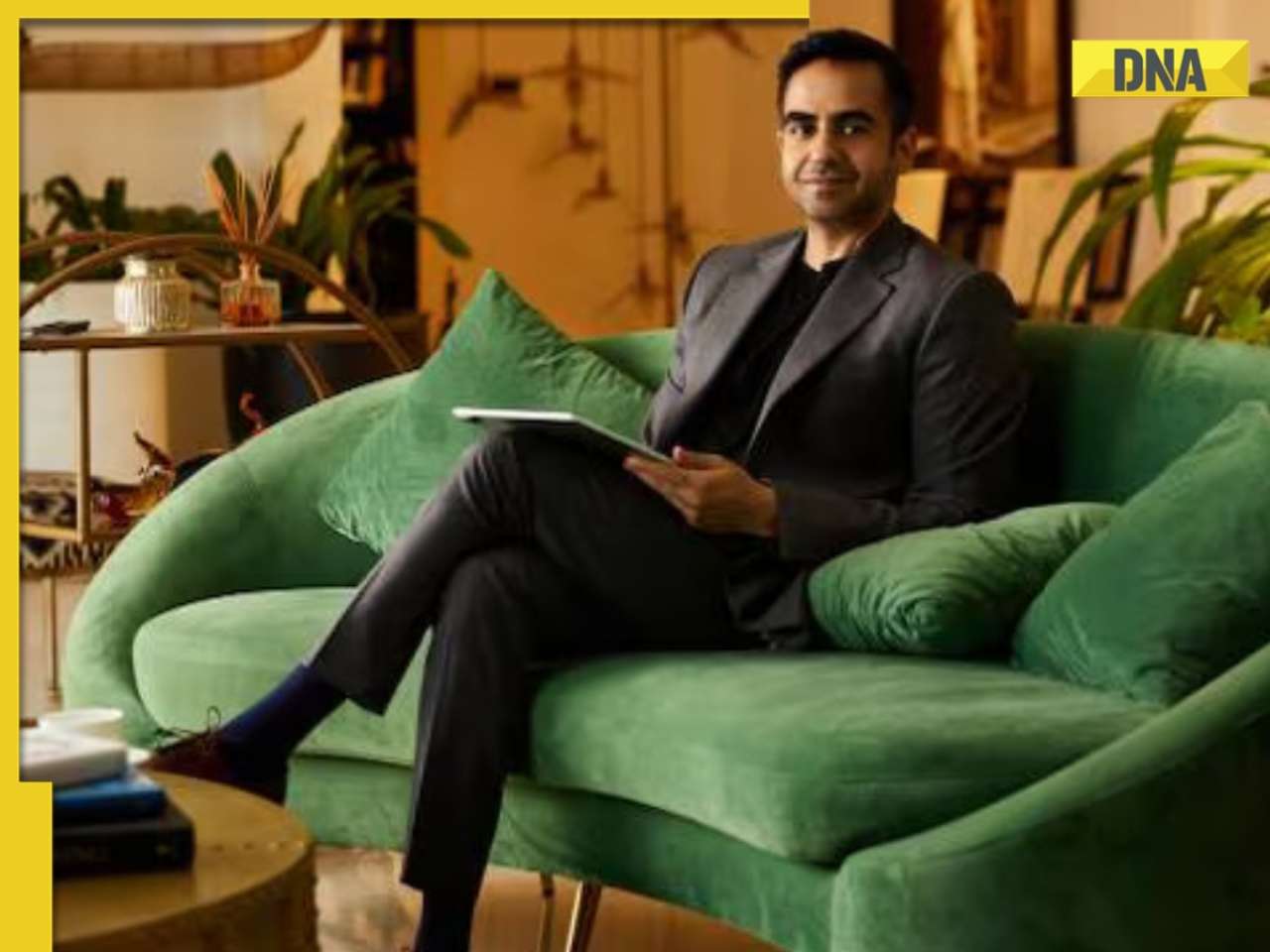The Satyam Computer Services fraud has brought under the scanner not just corporate governance but also the conduct of family businesses.
The Satyam Computer Services fraud has brought under the scanner not just corporate governance but also the conduct of family businesses. Such businesses continue to be controlled by close-knit families with the shareholding remaining private and the family not allowing outsiders to interfere in operations.
Analysts say business practices in such firms are hard to study as the outside world has no access to their accounts and other books. But promoters of family businesses argue that a well-organised family indicates that the business is well-organised, too. A properly-structured, disciplined family follows the right business practices and these companies have greater discipline than publicly-held companies when it comes to business ethics, said family business veterans participating in the Second Asian Invitational Conference on Family Business organised by the Indian School of Business (ISB) in Hyderabad.
One of the top priorities of a family business is to create wealth for the promoter family. Farhad Forbes, director of Forbes Marshall Pvt Ltd, said, “We did make changes as per business demands and kept changing the model on which we worked. It did help create wealth for the family.”
Forbes Marshall started as a family business in 1926. Farhad Forbes’ grandfather J N Marshall started the firm by taking up trading and father Darius Forbes continued to grow the business. What started as a trading outfit has now grown into a steam engineering and control instrumentation solutions company. Farhad Forbes, his wife Rati and his brother Naushad today run the company.
“We went on to form joint ventures to grow the scale of the company. The JVs with some of the foreign companies did take us to various parts of the world. We have seven group companies today including the JVs. But, the JVs were always with specialist companies,” Forbes said.
While the initial objective of forming JVs was getting access to better technology and providing a market presence to foreign partners, today the company has evolved into a sourcing platform for domestic products. The JVs are getting into R&D while providing global market access to Forbes Marshall. “I think the model will work well if the JV partner too is a family business. But, our business is impacted if the JV partner is affected by an acquisition or similar changes. This is the time when family businesses have to take careful decisions. We had to close some JVs as our partners were acquired,” Forbes said.
He said JVs are well-suited for family businesses as such firms are open to the idea of equality and take care of the interests of the other partners in the relationship. “It all depends on how we nurture and organise the family. Without an organised family there can’t be a structured family business,” said Feroz Rahim, group managing director of the Bangladesh-based Rahimafrooz group. According to him, a set of rules to self-discipline owner directors and trust, confidence and respect towards family members are the critical components of family businesses. “Consensus is the keyword in the family business. It need not necessarily result in unanimous acceptance of all the proposals.
But, without building consensus on various issues, it wouldn’t be possible to take the family business forward,” Rahim said.
However, second and third generations in such firms are seen as problem areas for retaining business interest and keeping the spirit shown by the founder alive. “The third generation particularly is born into prosperity. The first generation works hard and the second generation grows up seeing the first generation putting its best into growing the business. But, later generations need to be disciplined,” said ISB professor K Ramachandran. He felt that later generations are inducted into the business as managers and involved deeply into operations without being given time for anything else.
Kishore Rathi, the executive chairman of Sudarshan Chemical Industries, offered a solution to this problem. “In our family, there are strict entry barriers about younger generations joining business and taking responsibility. They have to pursue their higher education before entering the family business and work as well. In fact, some of our family members who couldn’t pursue their education opted out of the business. So, based on the education levels of the younger generations, we make a transition plan and prepare the youngsters accordingly,” Rathi said. Sudarshan Chemicals is one of the largest pigment manufacturers in the country.
The retirement plan of founders or elders is always seen as a key issue. Several of them don’t wish to retire and younger members or siblings tend to get disgruntled, forcing the family to split. “Retirement is a must for every individual. The elders or the founders shouldn’t want to go on forever. It is the business that has to go on. Like in a relay race, the elders have to pass on the baton to the next generation. The elders shouldn’t suddenly withdraw from the race but run for some more time so that the next person picks up the pace,” B K Jhawar, chairman of Usha Martin Ltd, said. His retirement plan is a corporate social responsibility programme in rural areas, which is keeping him busy as his sons take care of the business.
But, everything that happens in a family has to be documented properly to give structure to a family business. “It is very important to have a family council. That will set various issues within the family to rest and ensure that the family business goes on without any hindrance,” said Sangitha Reddy, executive director of Apollo Hospitals group. Apollo group founder Prathap C Reddy has four daughters, including Sangitha, and they take care of the founder’s vision of setting up a hospital chain and growing it. “Though we are all daughters in the family, we have all taken our own roles in the family business.
Our spouses don’t interfere in our business. This is part of the agreement within the family,” she said.
![submenu-img]() Bigg Boss OTT 3: Anil Kapoor confirmed as new host, says 'jhakaas nahi kuch khaas karte hai', leaves netizens divided
Bigg Boss OTT 3: Anil Kapoor confirmed as new host, says 'jhakaas nahi kuch khaas karte hai', leaves netizens divided![submenu-img]() Felony charges and political ambitions: Donald Trump at the legal and electoral crossroads
Felony charges and political ambitions: Donald Trump at the legal and electoral crossroads![submenu-img]() This actor left UPSC dreams for Bollywood, was launched by Amitabh, fought Shah Rukh, then disappeared for years, now...
This actor left UPSC dreams for Bollywood, was launched by Amitabh, fought Shah Rukh, then disappeared for years, now...![submenu-img]() Data-Driven Decision Making: Leveraging KPI Metrics for Strategic Insight
Data-Driven Decision Making: Leveraging KPI Metrics for Strategic Insight![submenu-img]() Exploring transformative potential of application modernisation for sustainable solutions in future
Exploring transformative potential of application modernisation for sustainable solutions in future![submenu-img]() Meet Indian genius who won National Spelling Bee contest in US at age 12, he is from…
Meet Indian genius who won National Spelling Bee contest in US at age 12, he is from…![submenu-img]() Meet man who became IIT Bombay professor at just 22, got sacked from IIT after some years because..
Meet man who became IIT Bombay professor at just 22, got sacked from IIT after some years because..![submenu-img]() Meet Indian genius, son of constable, worked with IIT, NASA, then went missing, was found after years in...
Meet Indian genius, son of constable, worked with IIT, NASA, then went missing, was found after years in...![submenu-img]() Meet IAS officer who was victim of domestic violence, mother of two, cracked UPSC exam in first attempt, she's posted in
Meet IAS officer who was victim of domestic violence, mother of two, cracked UPSC exam in first attempt, she's posted in![submenu-img]() RBSE Class 5th, 8th Result 2024 Date, Time: Rajasthan board to announce results today, get direct link here
RBSE Class 5th, 8th Result 2024 Date, Time: Rajasthan board to announce results today, get direct link here![submenu-img]() DNA Verified: Did Kangana Ranaut party with gangster Abu Salem? Actress reveals who's with her in viral photo
DNA Verified: Did Kangana Ranaut party with gangster Abu Salem? Actress reveals who's with her in viral photo![submenu-img]() DNA Verified: New Delhi Railway Station to be closed for 4 years? Know the truth here
DNA Verified: New Delhi Railway Station to be closed for 4 years? Know the truth here![submenu-img]() DNA Verified: Did RSS chief Mohan Bhagwat praise Congress during Lok Sabha Elections 2024? Know the truth here
DNA Verified: Did RSS chief Mohan Bhagwat praise Congress during Lok Sabha Elections 2024? Know the truth here![submenu-img]() DNA Verified: Is CAA an anti-Muslim law? Centre terms news report as 'misleading'
DNA Verified: Is CAA an anti-Muslim law? Centre terms news report as 'misleading'![submenu-img]() DNA Verified: Lok Sabha Elections 2024 to be held on April 19? Know truth behind viral message
DNA Verified: Lok Sabha Elections 2024 to be held on April 19? Know truth behind viral message![submenu-img]() Streaming This Week: Panchayat season 3, Swatantrya Veer Savarkar, Illegal season 3, latest OTT releases to binge-watch
Streaming This Week: Panchayat season 3, Swatantrya Veer Savarkar, Illegal season 3, latest OTT releases to binge-watch![submenu-img]() Avneet Kaur shines in navy blue gown with shimmery trail at Cannes 2024, fans say 'she is unstoppable now'
Avneet Kaur shines in navy blue gown with shimmery trail at Cannes 2024, fans say 'she is unstoppable now'![submenu-img]() Assamese actress Aimee Baruah wins hearts as she represents her culture in saree with 200-year-old motif at Cannes
Assamese actress Aimee Baruah wins hearts as she represents her culture in saree with 200-year-old motif at Cannes ![submenu-img]() Aditi Rao Hydari's monochrome gown at Cannes Film Festival divides social media: 'We love her but not the dress'
Aditi Rao Hydari's monochrome gown at Cannes Film Festival divides social media: 'We love her but not the dress'![submenu-img]() AI models play volley ball on beach in bikini
AI models play volley ball on beach in bikini![submenu-img]() DNA Explainer: Why was Iranian president Ebrahim Raisi, killed in helicopter crash, regarded as ‘Butcher of Tehran’?
DNA Explainer: Why was Iranian president Ebrahim Raisi, killed in helicopter crash, regarded as ‘Butcher of Tehran’?![submenu-img]() DNA Explainer: Why did deceased Iranian President Ebrahim Raisi wear black turban?
DNA Explainer: Why did deceased Iranian President Ebrahim Raisi wear black turban?![submenu-img]() Iran President Ebrahim Raisi's death: Will it impact gold, oil prices and stock markets?
Iran President Ebrahim Raisi's death: Will it impact gold, oil prices and stock markets?![submenu-img]() Haryana Political Crisis: Will 3 independent MLAs support withdrawal impact the present Nayab Saini led-BJP government?
Haryana Political Crisis: Will 3 independent MLAs support withdrawal impact the present Nayab Saini led-BJP government?![submenu-img]() DNA Explainer: Why Harvey Weinstein's rape conviction was overturned, will beleaguered Hollywood mogul get out of jail?
DNA Explainer: Why Harvey Weinstein's rape conviction was overturned, will beleaguered Hollywood mogul get out of jail?![submenu-img]() Bigg Boss OTT 3: Anil Kapoor confirmed as new host, says 'jhakaas nahi kuch khaas karte hai', leaves netizens divided
Bigg Boss OTT 3: Anil Kapoor confirmed as new host, says 'jhakaas nahi kuch khaas karte hai', leaves netizens divided![submenu-img]() This actor left UPSC dreams for Bollywood, was launched by Amitabh, fought Shah Rukh, then disappeared for years, now...
This actor left UPSC dreams for Bollywood, was launched by Amitabh, fought Shah Rukh, then disappeared for years, now...![submenu-img]() Bujii and Bhairava review: Prabhas' futuristic Baahubali-type Kalki 2898 prelude AD is fun, AI Keerthy steals the show
Bujii and Bhairava review: Prabhas' futuristic Baahubali-type Kalki 2898 prelude AD is fun, AI Keerthy steals the show![submenu-img]() This actress gave no hits in 9 years, no Bollywood releases in 5 years, charges Rs 40 crore per film, net worth is..
This actress gave no hits in 9 years, no Bollywood releases in 5 years, charges Rs 40 crore per film, net worth is..![submenu-img]() Mr & Mrs Mahi review: Janhvi, Rajkummar's earnest performances can't save film that doesn't really get cricket or women
Mr & Mrs Mahi review: Janhvi, Rajkummar's earnest performances can't save film that doesn't really get cricket or women![submenu-img]() Viral video: Little girl’s adorable dance to 'Ruki Sukhi Roti' will melt your heart, watch
Viral video: Little girl’s adorable dance to 'Ruki Sukhi Roti' will melt your heart, watch![submenu-img]() Groom jumps off stage for impromptu dance with friends, viral video leaves netizens in splits
Groom jumps off stage for impromptu dance with friends, viral video leaves netizens in splits![submenu-img]() Viral video: Chinese man stuns internet by balancing sewing machine on glass bottles, watch
Viral video: Chinese man stuns internet by balancing sewing machine on glass bottles, watch![submenu-img]() Watch: First video of Mukesh Ambani's son Anant Ambani-Radhika Merchant's 2nd pre-wedding bash goes viral
Watch: First video of Mukesh Ambani's son Anant Ambani-Radhika Merchant's 2nd pre-wedding bash goes viral![submenu-img]() Viral video: Outrage over woman's dance at Mumbai airport sparks calls for action, watch
Viral video: Outrage over woman's dance at Mumbai airport sparks calls for action, watch
























































)
)
)
)
)
)